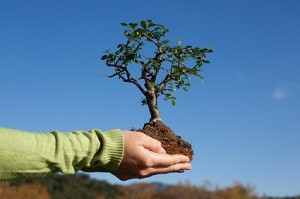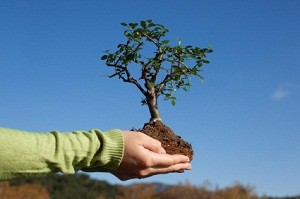Career Profile: Conservation Biologist

 Why Is Conservation Biology a Job of Tomorrow?
Why Is Conservation Biology a Job of Tomorrow?
Conservation biologists will be in demand to help control the rate of deforestation and better manage wildlife resources with the needs of the population in mind. Employment opportunities for conservation biologists are expected to increase 5 percent, according to the Bureau of Labor Statistics. Conservation biologists make an average salary of $54,970 annually.
What Does a Conservation Biologist Do?
Conservation biologists work with landowners and the government to promote environmentally friendly land use. If land must be cleared for the establishment of a home, park or other structure, conservation biologists provide advice on how landowners can best successfully complete the project with minimal environmental impact. For example, biologists may advise landowners to plant certain types of greenery in order to control soil erosion. Conservation biologists mainly work with those in the agriculture industry, such as ranchers and farmers, as this sector must clear large swaths of land to plant crops or allow livestock to graze. Biologists would work with the farmers and ranchers to decide when to allow grazing and harvesting, and when to let the plot of land regenerate to keep the soil fertile.
What Kind of Training Do I Need to Become a Conservation Biologist?
Conservation biologists must have a bachelor's degree in ecology, environmental science, natural resource management or agriculture. Those who plan on pursuing research or teaching positions should obtain a doctoral degree in ecology. Bachelor's degrees typically take four years to complete, and a doctoral degree takes an additional three to four years to earn. Courses cover such topics as biology and soil sciences. Some certifications are available for those specializing in wetland conservation, range management or soil conservation.